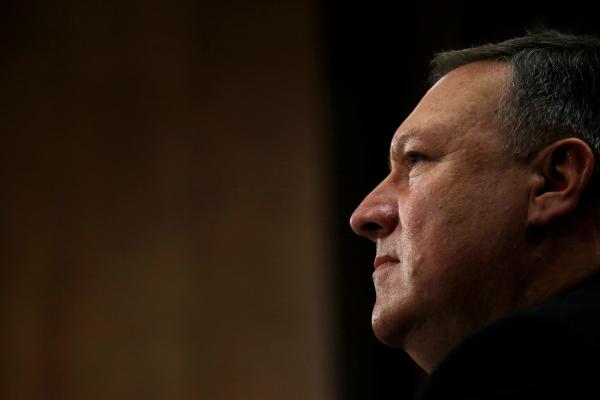Apr 23, 2018
Trump's nominee for Secretary of State is tapping into the worst impulses of the president and the nation as a whole by scapegoating Muslims as perpetual outsiders and dangerous threats, all the while invoking his Christian faith to justify his views.
Read the Full Article

Already a subscriber? Login
